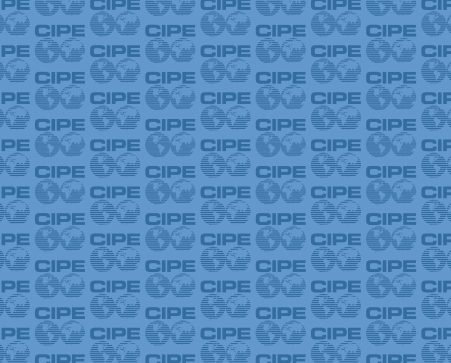
“The proposed Prevention of Electronic Crime Act 2015, in my opinion, is even worse than the one we advocated against during the Musharraf era. The fact that the Ministry of IT&T felt the need to operate in complete secrecy over the past year clearly indicates the mindset with which this draft has been put together. P@SHA, ISPAK, legal cybercrime experts and civil society were not called in for a consultation.”
– Jehan Ara, President Pakistan Software Houses Association for IT and ITES (P@SHA)
Pakistan has a long history of suppressing the freedom of speech. Democratically elected governments have left the popular video site YouTube blocked since 2012. Twitter was blocked in the same year and in 2010 a court order forced government to block every social media site in the country on the pretext of preventing the distribution of blasphemous content.
Even with this background, the current government’s “Prevention of Electronic Crimes Bill 2015” has civil society, business, the information technology sector, and the media deeply worried about the future of online freedom of speech and Pakistan’s information technology industries.
The proposed bill aims to rectify the lack of legislation pertaining to cyber-crime. While the government argues that the bill had undergone a public consultative process, stakeholders are of the view that since government has not shared the final version of the bill, it may contain clauses that will infringe upon the right to online speech. Representatives of Pakistan’s information technology sector have strongly criticized previous drafts of the bill.
“Just a quick look at the clauses and sections in this Act shows that very little thought went into its drafting,” said Jehan Ara, president of P@SHA. “The definitions are weak, the language is loose and vague and leaves much to interpretation, and it criminalizes all sorts of activities that do not even fall within the gambit of this Bill.”
The Internet Service Providers Association of Pakistan says that “The current draft is unworkable and there are chances of misuse. There is need to differentiate between hacking and ethical hacking. Section 31 is our biggest concern. The government is adding this so it can justify their blocking and censoring powers – since the court has found they exercise these powers under no law.”
According to media reports, the bill contains provisions that not only allow the government to censor content and criminalize internet activity under what critics have described as overly broad criteria, it also permits government authorities to access the data of any internet user without any form of judicial review process, an act in contradiction to Privacy International, Digital Rights Foundation, Article 19 and others.
P@SHA, a CIPE partner and one of the most effective advocate for business enabling policies has been playing the key role in raising collective voice of business community on every platform. They were able to get traction from opposition parties who were given technical presentations on the possible consequences of this law on businesses and on the lives of ordinary citizens who use internet and social media sites such as Twitter and Facebook.
Through its aggressive advocacy campaign, P@SHA in collaboration with other civil society organizations was able to convince opposition parliamentarians to recommend to the government to place this bill for a detailed review.
Civil society’s voice is loud and clear, and hopes that democratic rights will be protected.
Hammad Siddiqui is Deputy Country Director for CIPE Pakistan.
Published Date: May 12, 2015
